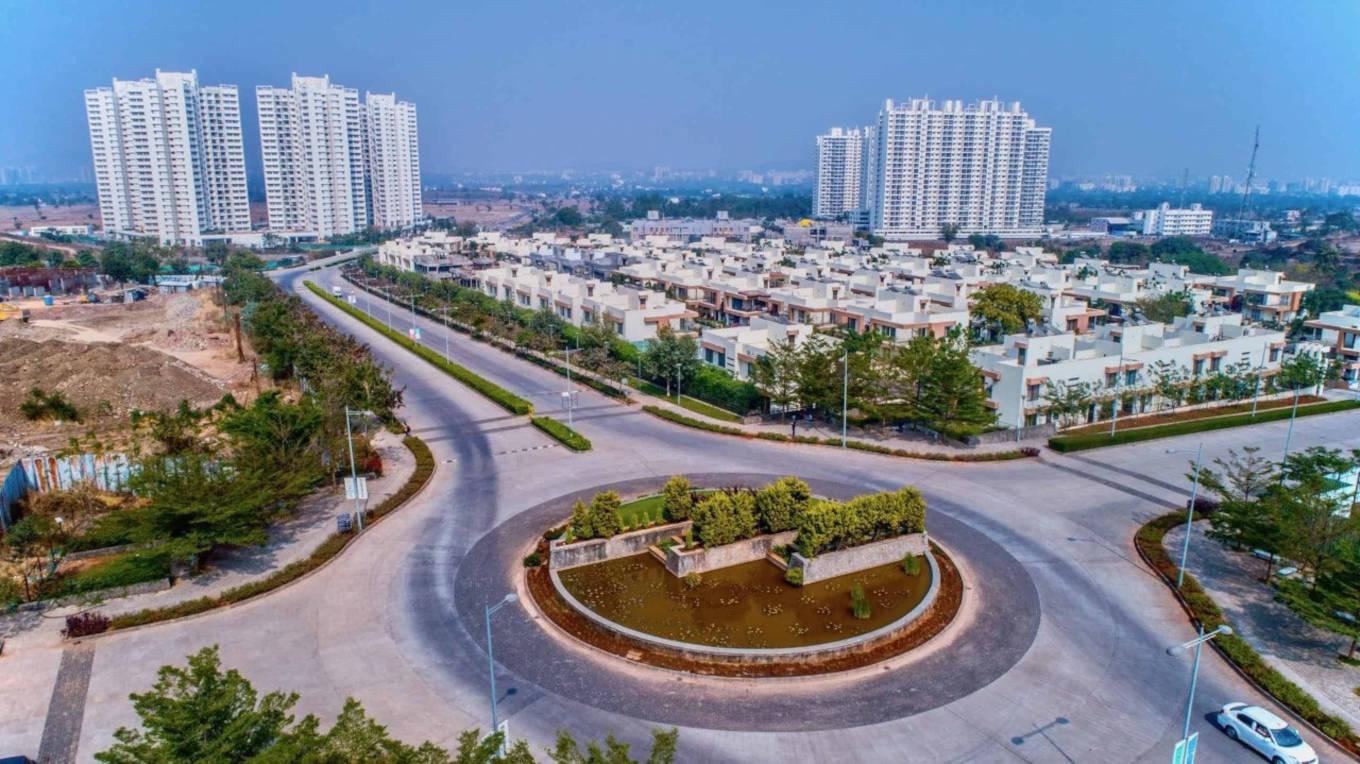Launched in June 2015, the Smart City Mission (SCM) was an urban rejuvenation mission to provide core infrastructure and decent quality of life to its citizens, along with a clean and sustainable environment. It aimed to drive economic growth and improve the quality of life of city dwellers by enabling local development and harnessing new technology. The original target completion was also extended by five years (2020-21). Given the state of decay in our cities, it was widely welcomed. However, troubles have dogged the SCM and by all accounts, the scheme has been a resounding failure. This was evident when, in light of the tardy progress, the scheme was extended to June 2023. Out of 100 cities chosen for the project, nearly 50 per cent smart cities have not implemented any projects under the Public-Private-Partnership (PPP) model. The total funding from PPP stands Rs210,794 crore, for 207 projects, which adds up to just over one-fourth of the original plan, It is a project that any new government will have to overhaul and implement afresh. In its report on the Smart Cities Mission presented in the Lok Sabha during the budget session of Parliament, the parliamentary committee attached to the ministry of housing & urban affairs (MOHUA) informed the House that 400 projects worth Rs22,814 crore had already missed their deadline of December 2023. The committee, chaired by Janata Dal (United) MP Rajiv Ranjan Singh, was “told by Housing & Urban Affairs Secretary Manoj Joshi that the ministry did not want to extend the mission further.” Among reasons cited by the ministry for the delays were difficulties in resettlement of local population as well as some legal issues such as land procurement. Frequent transfers of smart cities’ CEOs were also cited and the “delay in projects that require convergence with other government ministries or agencies”. The fact that the project was jinxed was evident when SCM mission report put out in 2015 ducked the definition of a smart city and said: “There is no universally accepted definition of a Smart City. It means different things to different people. The conceptualisation of Smart City, therefore, varies from city to city and country to country, depending on the level of development, willingness to change and reform, resources and aspirations of the city residents. A Smart City would have a different connotation in India than, say, Europe. Even in India, there is no one way of defining a Smart City.” Later it said, “The objective is to promote cities that provide core infrastructure and give a decent quality of life to its citizens, a clean and sustainable environment and application of ‘smart’ solutions.” The parliamentary committee reports that “Progress of work is from 80 per cent to 100 per cent in 57 cities, amongst which Madurai is the only Smart City, which has completed 100 per cent of smart city projects by December 2023. However, progress of work is 50 per cent or below 50 per cent in 14 cities.” The outlay squeeze The outlay in the Smart Cities’ proposal has fallen from Rs7,634 crore to Rs7,535 crore in the revised budget of 2023-24, The 2024-25 vote on account outlay has seen a major drop – to just Rs2,236 crore.
-

Smart cities: where are they?

































